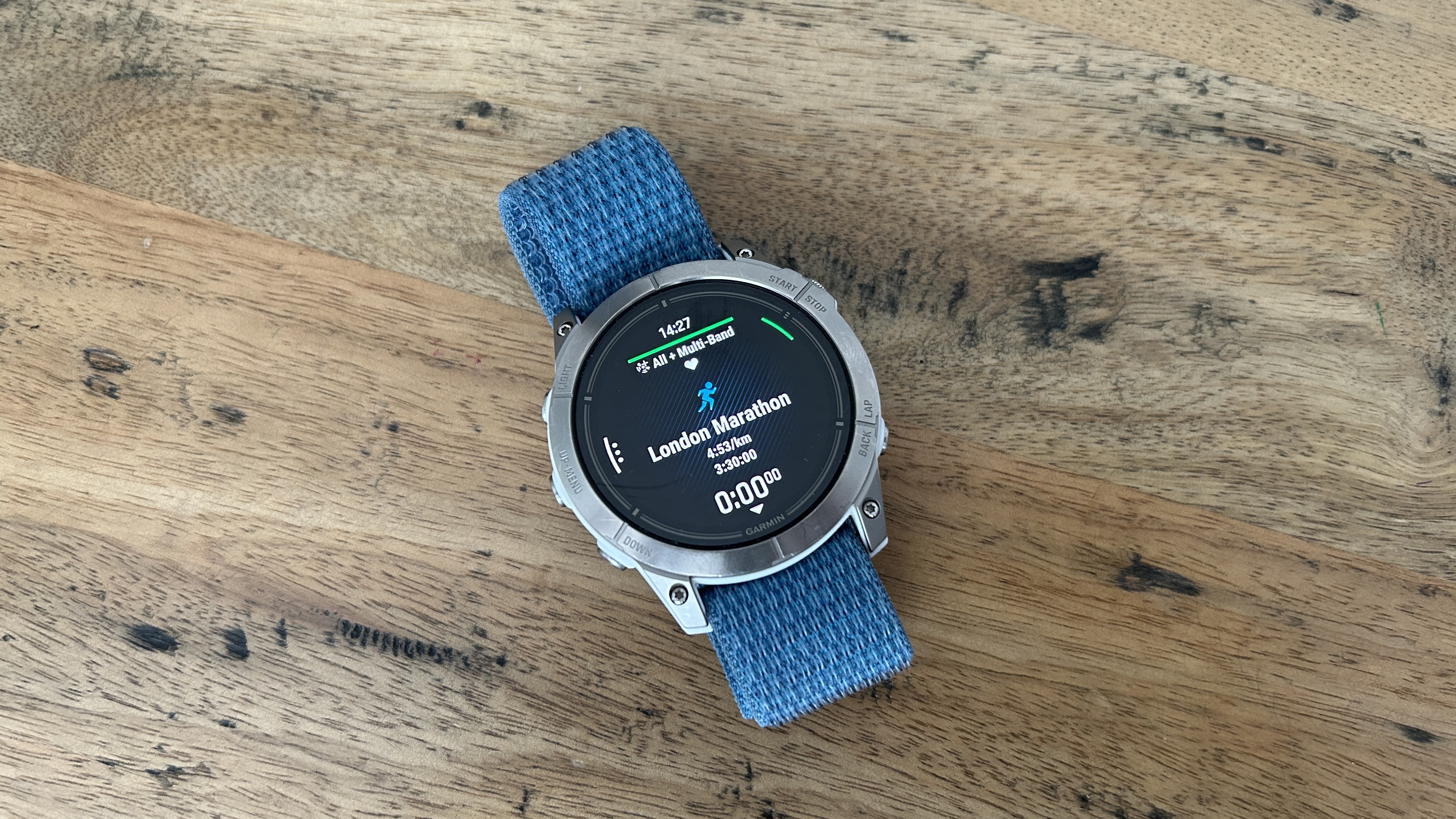Five Reasons Why Detox Diets Are Terrible For Weight Loss
Want to lose fat fast? Here’s why “quick-fix” diets are the worst thing you can do

We all know the feeling: waking up the morning after the night before. Or the morning after the weekend before! Perhaps you drank too much, ate too much or had a little more of something that disagrees with you than you should have. For many people, it’s at this moment – or when they face the mirror, or get on the bathroom scale, or struggle to buckle their belt – that they start thinking about a diet.
Most people want quick results: you feel bad now and want to feel better asap. But while quick-fix diets – whether they’re called a “detox”, a “cleanse”, a “metabolic reset” or any other attention-grabbing name – promise instant results, they never work for long. Even worse, they’ll make you fatter and unhappier in the long run.
How do I lose – or gain – weight?
Before we get to why quick-fix diets are so dangerous it’s important to understand how we gain and lose weight. In theory, weight loss is simple. Essentially, it’s based on the Energy Balance Equation, which says that to lose weight you must consume less energy – ie fewer calories from food – than you burn.
We expend energy through simply being alive (our bodies burn calories at rest to keep us alive, at what’s known as the basal metabolic rate or BMR), and also through everyday activities, exercise and excretion. Over time if we eat fewer calories than we burn, we lose weight; if we eat more calories than we burn, we gain weight. This concept is important because it’s how all diets work. It doesn’t matter if you’re only eating “superfoods”, having one meal a day or ten, or eating while standing on your head (don’t do that) – you’ll lose weight only if you consume less energy than you expend.
But that doesn’t mean all diets are equally effective in helping you lose weight, or improving your health and happiness! Read on to discover why “detox diets” not only don’t work, but are actually bad for both your body and your brain.
1. You mess up your fluid balance
Get the Coach Newsletter
Sign up for workout ideas, training advice, reviews of the latest gear and more.
Many quick-fix or fad diets “work” at first because when you start restricting your food intake or cut out certain nutrients to reduce your daily calorie consumption, you will lose weight. But the problem is that it’s not fat that you’ve lost – it’s water. And that’s the last thing you want to happen.
This is one reason detox diets are so incredibly dangerous. They can negatively affect your body’s fluid and salt (better known as electrolyte) balance, which means you can lose a lot of water and salts very quickly. Disrupting fluid and electrolyte balance will result in dehydration, which will make you look, feel and perform far worse than normal.
Take things too far and these dangers become much more serious because your body depends on fluid and electrolyte balance for maintaining the rhythm of your heart, as well as many other important functions.
So if you’re ever tempted to try one of those so-called “detox diets”, remember that you might see a lower number on the bathroom scale after a few days but what you’ve lost is not that body fat you really want to shift – rather it’s something your body needs to hold on to. Losing that water weight is likely to make you feel tired, dehydrated and miserable – and that’s about as far from living a healthier and happier life as you can be.
2. You starve your body of nutrients
Almost all quick-fix diets are based on severely restricting your daily calorie intake by cutting out specific types of foods or eliminating food groups entirely.
This means that these diets are not providing some, or even many, of the essential nutrients your body needs to function at its best – whether that’s fats, protein or vitamins and minerals. So they will dramatically affect how “healthy” you look and feel.
You may suffer physical signs, such as dry, pale or dull skin, aching joints and muscles, feelings of lethargy and weakness, or trouble falling and staying asleep, as well as a wide range of mental symptoms, not limited to constant hunger, low energy and fatigue, bad moods, and dire levels of focus, motivation and concentration.
There’s a good chance that all you will think about is food and your next meal, not to mention that pit-of-your-stomach disappointment about what that next meal is going to be!
This will make you feel absolutely awful in the short term and cause you to question whether all these negative side effects are worth it. (They’re not.) But it has an even more serious impact on your long-term health, fitness and general well-being.
See related
- Expert Advice On The Fad Diets To Avoid In 2018
- The Truth about Detox Diets (Spoiler: They’re Nonsense)
- Six Mad Fad Diets From History You Definitely Shouldn’t Try
3. Your metabolism slows down
Your body’s job, evolutionarily speaking, is to stop you starving to death – a very real risk for all humans until relatively recently. So your body pays very close attention to how much you’re eating.
When you suddenly start eating less, your body makes adjustments to prevent starvation. Your metabolism slows down to conserve energy; your digestive tract moves food through more slowly to extract as much energy and as many nutrients as possible (which can cause digestive issues, such as bloating or constipation); your repair and recovery processes slow down so you don’t heal as fast; and there’s a reduced production of important hormones, including the primary sex hormones testosterone, oestrogen and progesterone.
But it’s the slowing of the metabolism that causes the biggest problem. When your metabolism slows, your body decides you need even less energy to survive, which means you must further reduce your calorie intake from food to get into that calorie deficit to lose weight! This creates a cycle in which, over time, your body requires fewer and fewer calories to function, making it harder to lose weight even when you’re eating far less than before. This is really bad for your weight loss ambition.
4. Your appetite roars back
Have you ever wondered what makes you feel hungry? Or full?
Appetite is controlled by a series of feedback loops in the digestive system and the brain. There are also sensors in our fat cells that tell our brain how full our fat stores are. If there’s a lack of food being consumed, these feedback loops and sensors compensate by making you really hungry. The “if you’re standing between me and the fridge I can’t be held responsible for my actions” kind of hungry. No matter how strong your willpower and motivation, your brain’s “don’t starve” system is always stronger.
Eventually you quit the diet (because it’s unsustainable and you’re miserable) and resume eating normally. But you now need fewer calories than before because of your slower metabolism, so you gain back the weight you lost and more, because your brain is sending all the excess energy to fill up your fat stores in an effort to make sure you don’t “starve” again.
You’ll think about food more often – and hence eat more too. This is a major reason so many people end up yo-yo dieting and gain body fat rather than losing it.

5. You get stuck in a vicious cycle
There are many physiological problems caused by quick-fix diets, but one of the biggest is the damaging habits that they cause people to adopt. Here are some of the worst habits that are forged by quick-fix diets.
- You learn to either be “on” a diet or “off” it – there is nothing in between
- You only ever experience a very short period of weight loss “success”, if any
- You experience long periods of “failure”, and feelings of guilt or frustration that add to your unhappiness
- You start to develop a damaging relationship with food and think obsessively about eating
- You forget how to trust your body to know how it’s really feeling, and don’t trust yourself to make smart food choices
- You end up in one of two equally bad scenarios: either living a life adhering to a very strict set of eating rules, or suffering from a complete loss of control over your diet and your life
For a sustainable and enjoyable approach to food, visit shift56.com, where you can download your free recipe guide and find out more about The SHIFT56 System book.
This is an extract from The SHIFT56 System, a new book that provides your complete eight-week guide to living a leaner, healthier and happier life. Get your copy from Amazon today.
Coach is a health and fitness title. This byline is used for posting sponsored content, book extracts and the like. It is also used as a placeholder for articles published a long time ago when the original author is unclear. You can find out more about this publication and find the contact details of the editorial team on the About Us page.










